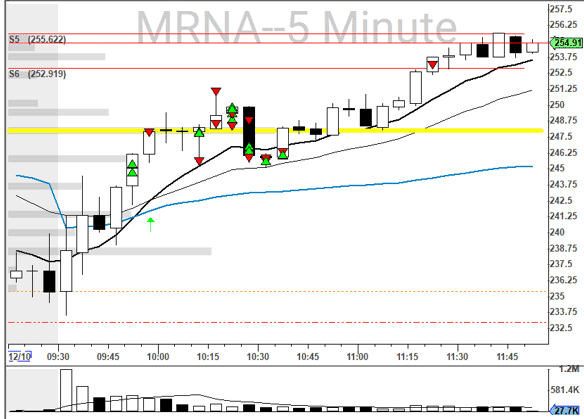Our instructors
DAYTRADING
What is day trading?
The term day trading usually refers to the buying and selling a security within a single trading day. While it can occur in any market, it is most common in the foreign exchange and stock markets. Day traders are usually well educated and well funded. They use leverage and short-term trading strategies to profit from small price movements in highly liquid stocks or currencies.
Day traders are attuned to events that trigger short-term market movements. Trading based on news is a popular technique. Scheduled announcements such as economic statistics, corporate earnings or interest rates are subject to market expectations and market psychology. Markets react when these expectations are not met or exceeded – usually with sudden, sharp moves – which can be highly beneficial for day traders.
Day traders use numerous intraday strategies. These strategies include:
- Scalping: This strategy attempts to make numerous small profits on small price changes throughout the day.
- Range Trading: This strategy primarily uses support and resistance levels to make buy and sell decisions.
- News-Based Trading: This strategy typically takes advantage of trading opportunities created by increased volatility associated with news events.
- High Frequency Trading (HFT): These strategies use sophisticated algorithms to exploit small or short-term market inefficiencies.
The profit potential of day trading is a much debated topic on Wall Street. Internet day trading scammers have lured amateurs with the promise of enormous returns in a short period of time. Unfortunately, the idea that this type of trading is a get-rich-quick scheme persists. Some people day trade without sufficient knowledge. But there are also day traders who make a successful living despite – or perhaps because of – the risks.
Many professional money managers and financial advisors shy away from day trading. They argue that in most cases the rewards do not justify the risk. Those who day trade, on the other hand, insist that it is possible to make a decent profit. Day trading is possible, but the success rate is inherently lower because it is inherently risky and requires a lot of skill. Moreover, economists and financial professionals alike argue that active trading strategies tend to perform worse over long periods of time than a simpler passive index strategy, especially after accounting for fees and taxes.
Day trading is not for everyone and carries significant risks. It also requires an in-depth understanding of how markets work and different strategies to profit in the short term. Although the success stories of those who have become rich as day traders get a lot of media attention, remember that this is not true of most day traders: many will wind up, and many will just about keep their heads above water.

I scalped a lot on this stock (not really well, to be honest). Still, I made money on it, as the last trade was a huge winner.
